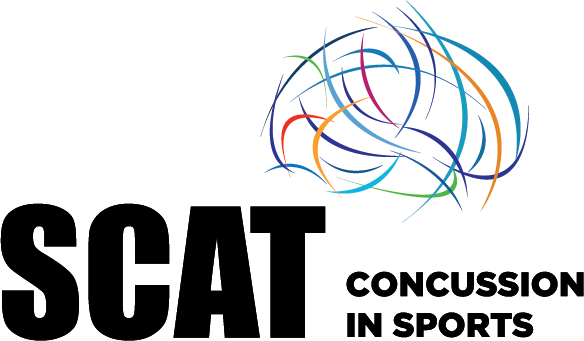Abstract
Background: Concussion is regarded as a common injury in rugby league, however no studies have explored the long-term neurophysiological and cognitive effects of repeated concussion injuries in this sport.
Methods: Former professional rugby athletes (n = 25) were compared to 25 age-matched participants with no history of a concussion. All participants completed standardised motor dexterity, reaction time, and cognitive tasks for working memory, associative learning and rule acquisition and reversal. Singlepulse transcranial magnetic stimulation (TMS) acquired motor evoked potentials and cortical silent period (cSP), as well as paired-pulse TMS for short latency intracortical inhibition and long intracortical inhibition (LICI).
Results: Compared to controls, dexterity and visuomotor reaction time was slower in the rugby group compared to controls (p = 0.02, p < 0.01, respectively). The rugby group also demonstrated poorer cognitive performance than controls (p range 0.02 to < 0.01). TMS revealed significantly reduced cSP at suprathreshold stimulation intensities (p range 0.02 to <0.01), and increased LICI (p = 0.03) in the rugby group.
Discussion: These findings of motor and cognitive changes, along with neurophysiological alterations, particularly with intracortical inhibition, nearly two decades post-concussion provides evidence for longterm sequelae for athletes with a history of repeated head trauma in contact sports.

